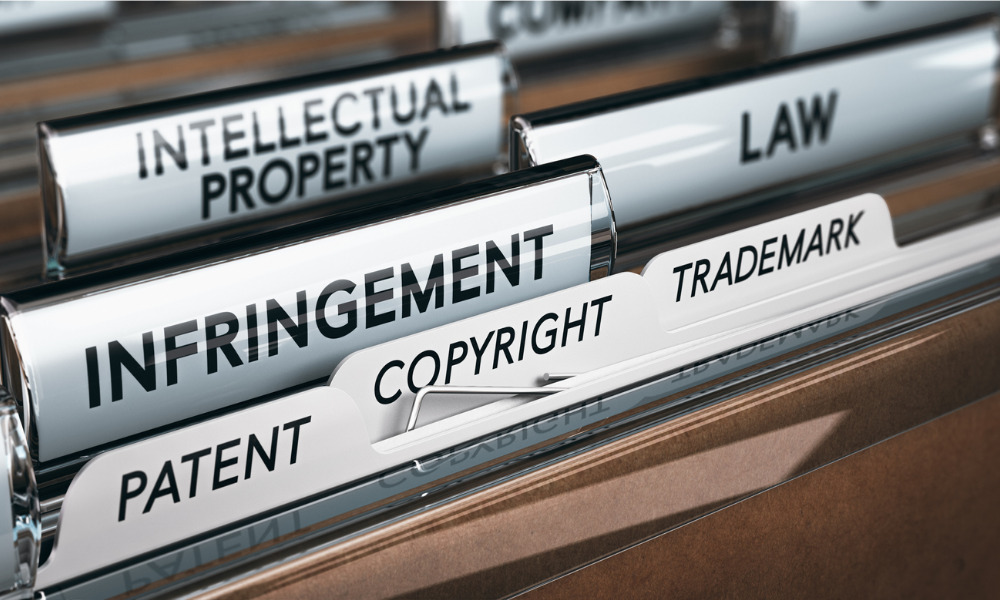
The Federal Court of Appeal overturned a decision of the Copyright Board

In a high-profile case on how fees apply to streaming companies and songwriters, the Federal Court of Appeal overturned a decision of the Copyright Board.
The court’s take on the board was “striking” in that it offered direct criticisms of the board’s approach, says Ariel Katz, associate professor at the University of Toronto Faculty of Law, who was named in the case.
“The implication for the case at bar is obvious: only clear legislative text in subsection 2.4(1.1) could support the Board’s position. . . . the general statements cited by the Board do not amount to Parliamentary license to ignore this constraint. But that is what the Board’s interpretation did,” wrote Justice David Stratas for the panel of judges.
“When developing a legal argument, some members of the legal academy, the Bar, administrative decision-makers and the judiciary invoke international law—or sometimes just the vibe of it—because they see it as always relevant, persuasive and binding. Others see it as a make-weight, hoping to sway the impressionable with its grand provenance and sometimes broad acceptance. Still others see it as a supply of preferred values and ideological standards, handy ammunition to fire in support of a cause. In a courtroom ruled by doctrine, these are misuses of international law. Too often these days, we see these misuses. . . . The Board exalted international law over domestic law.”
The case comes as the Copyright Board’s role has become more adjudicative over time, says Katz. When the argument over song-streaming rights began, it was more of a simple consultation that has since mushroomed, says Katz.
“I think it's something that started maybe with good intentions — they may have thought it was something that could be decided in a very simple way and that might be beneficial. That is not how things unfolded. For me, that raises the question of: Why the board? Is it really wise for the board to decide those legal questions? . . .. It's not clear to me that it actually has a mandate to do that, because the board is not a court. Normally adjudication of substantive rights is a matter for courts,” says Katz.
“In the case of copyright, the board sets the fees, and maybe it also, incidentally, has to determine the scope of the rights, and whether the underlying rights exist or not. But those questions — of what the rights are — normally they're questions for the courts, in infringement actions. Right. So that's a bit of an unusual situation where the same legal question may arise in a court but also before the board.”
Katz says while he doesn’t think it’s a good development for the Copyright Board to have increased a growing role in adjudication, the court did not opine on the board’s jurisdiction in that regard. And while the appeal court quashed the Copyright Board’s decision on the rights to payment for songwriters, there is still uncertainty about when such a right would exist, says Katz.
“It’s very weird from an economic perspective. If I own the rights to some songs and you are a service provider, and you want to make those songs available to the public — you want to upload them to your server, and then, if your customers click on something, it will be streamed to them. If you and I negotiate the amount of money that you will be willing to pay and I will be willing to charge, it will be a function of how attractive the music is and what alternatives you have . . .you will pay whatever it's worth for you, whether this implicates on the one ‘right’ or two,” says Katz. “If you organize a concert in the deep forest, in the middle of the night, and nobody comes to listen. Is this a public performance or not? I don't know. We can argue, and make arguments one way or another. But probably nobody really cares, other than law professors or lawyers just making hypothetical questions. It’s the same thing here. If the service provider — if they have a license for the streaming — why does it really matter? . . . Maybe someday there will be a case where it will be important enough for people to figure that I'm. But maybe there won’t be and we can live with the uncertainties.”